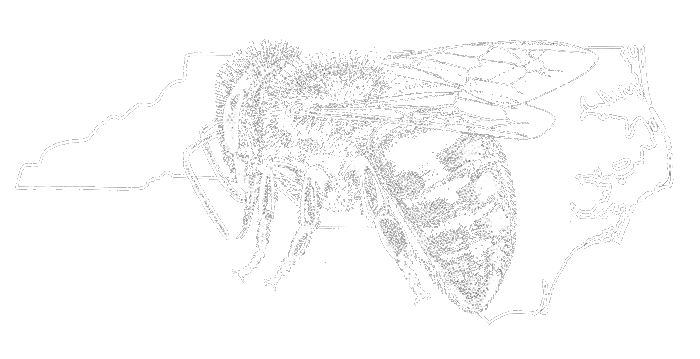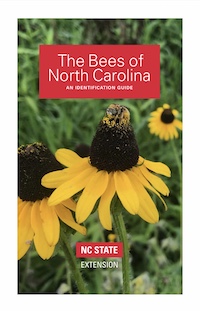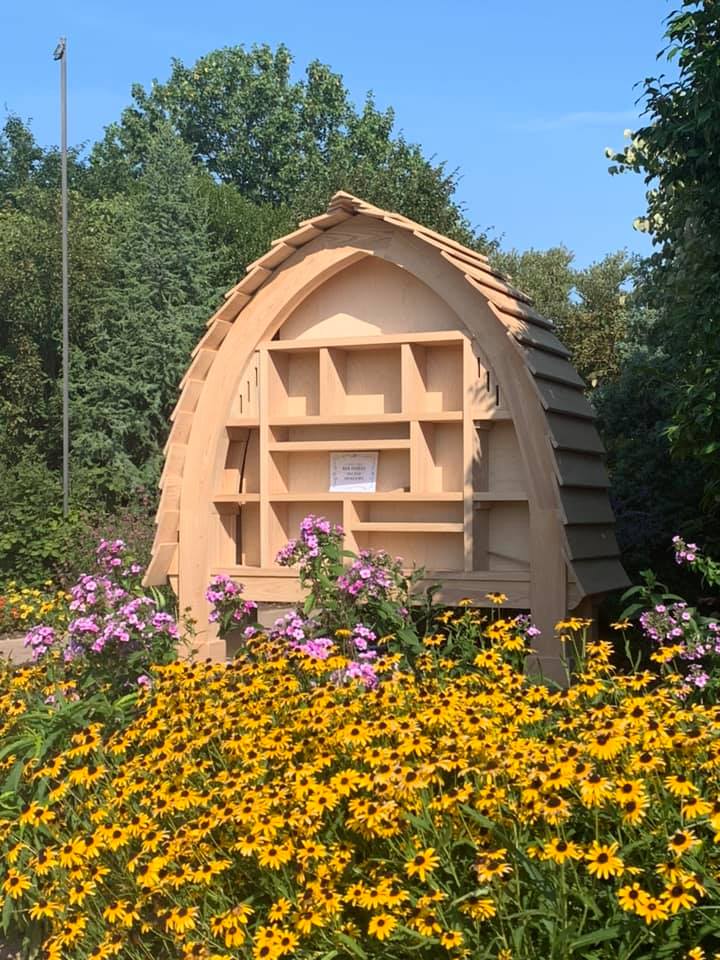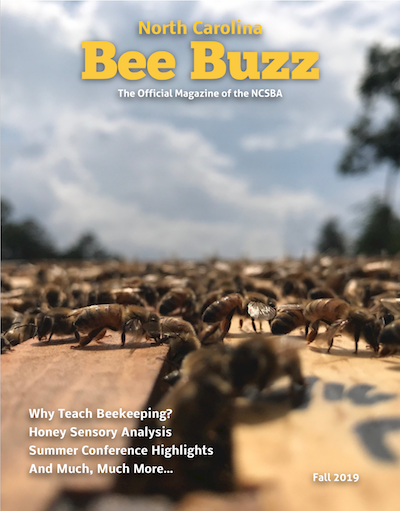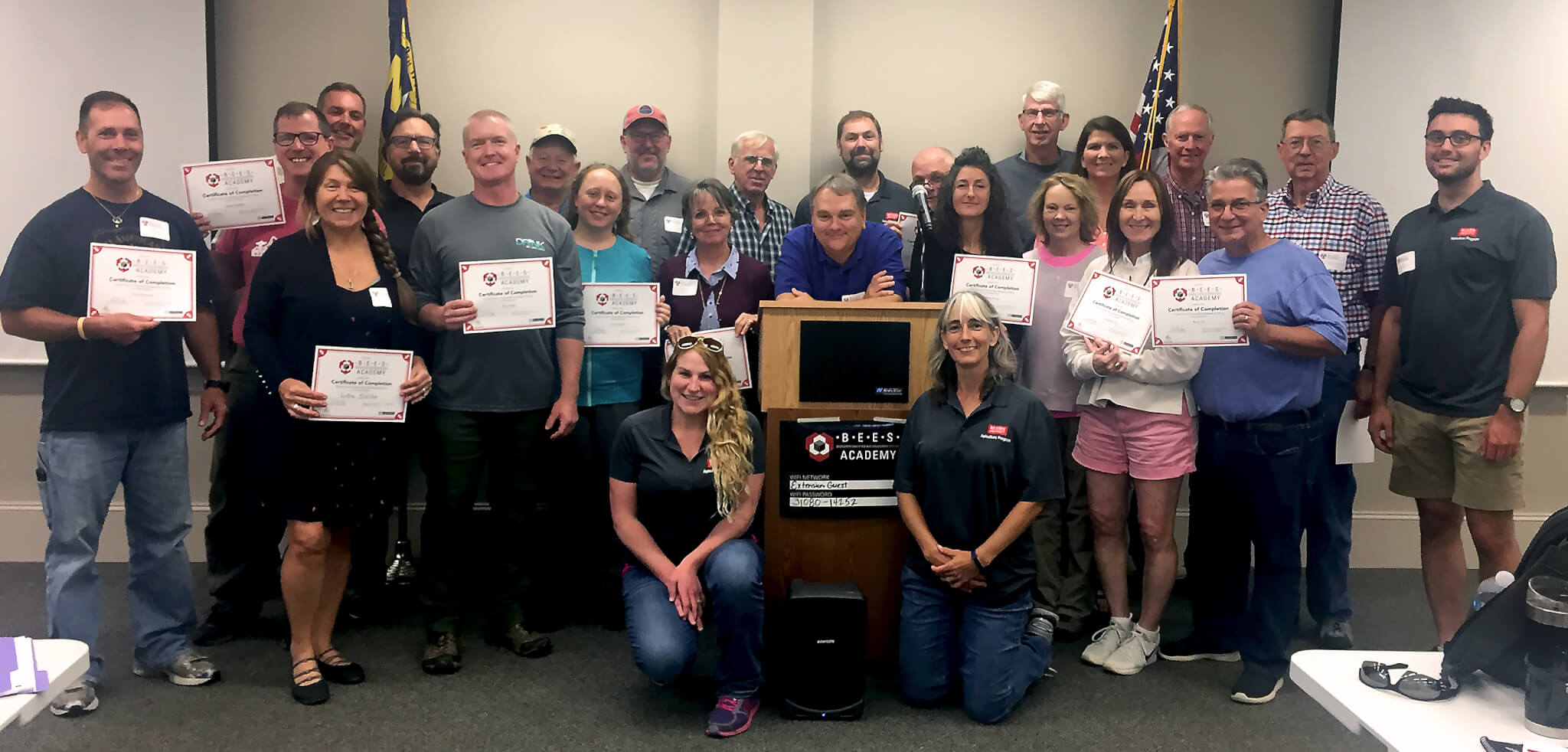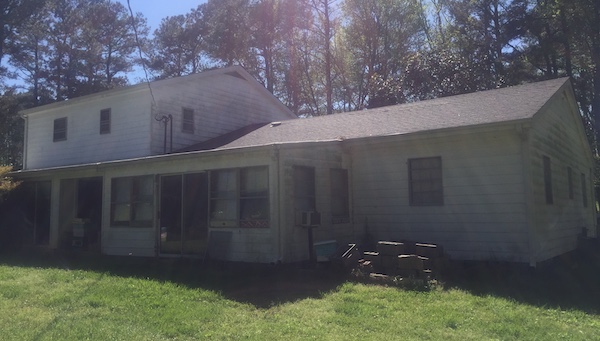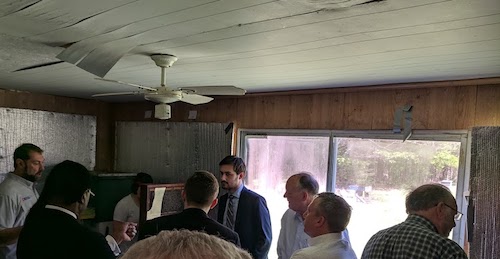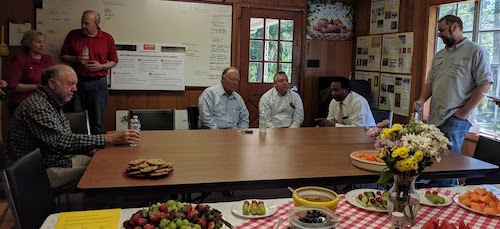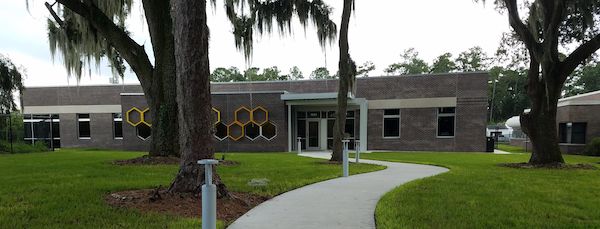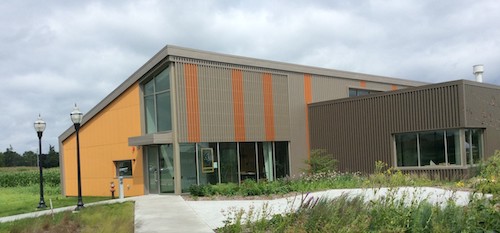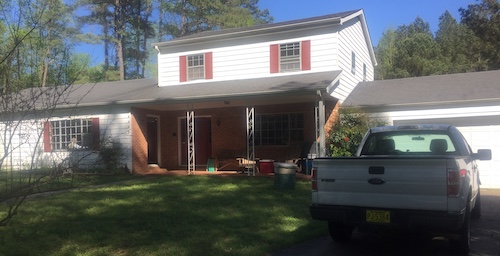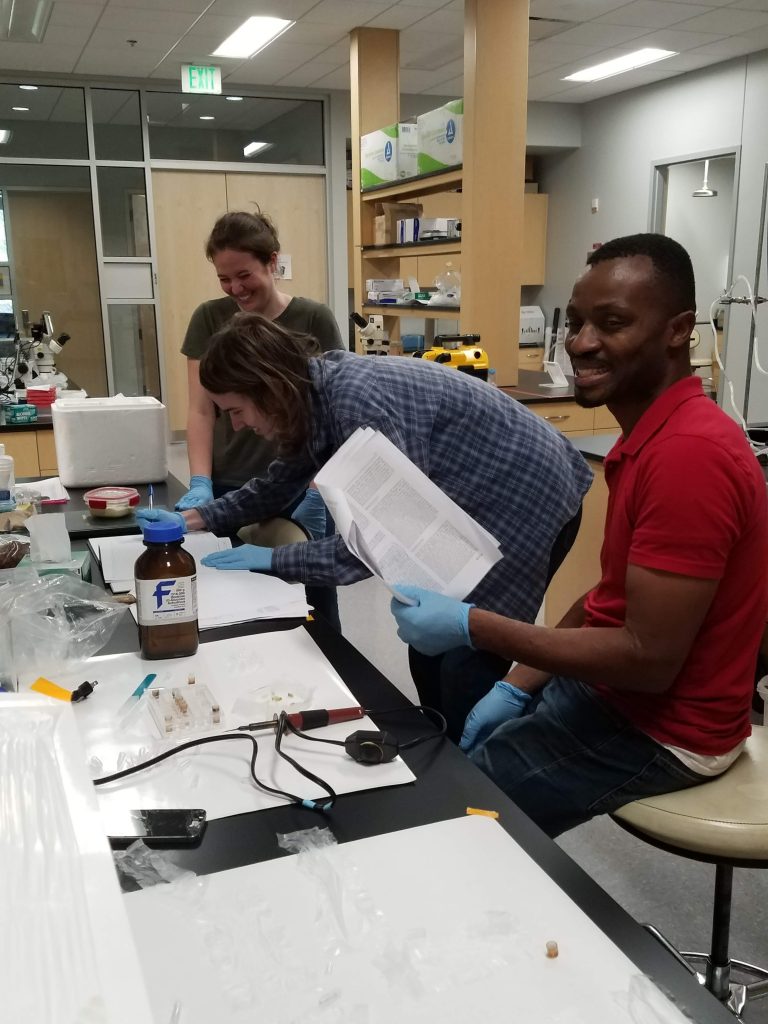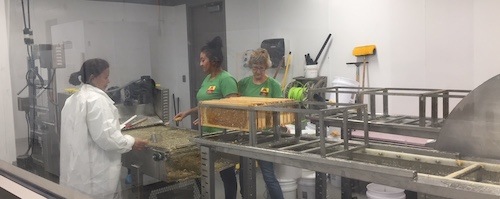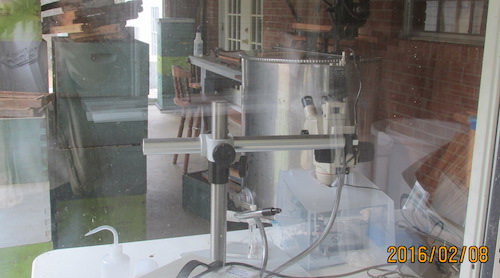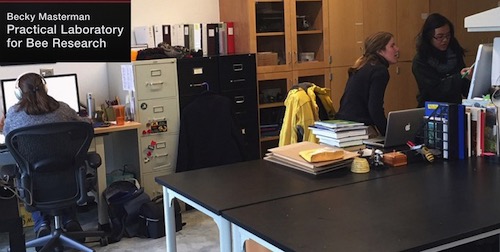Beekeeping season is about to be in full swing and the Beekeepers of the NCSBA are getting excited! We are hearing reports that the honey flow already on for some of our members in the southern counties. The swarm lists are starting to get active so if you haven’t already got your supers dusted off – get ready!
Spring Meeting Notes
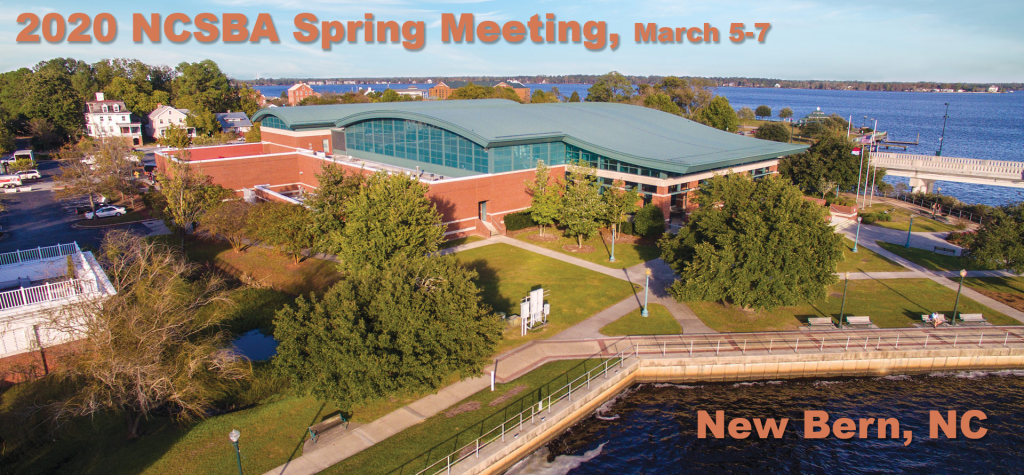
The 2020 Spring meeting in New Bern was a success. We had over 550 attendees and most of the feedback so far has been very positive. Look for information about the Summer meeting in the coming months.
BEES Academy Enrollment Extended


Queen rearing Workshop
The Born and Bred Queen rearing Workshop is filling up fast. We announced it at the Spring meeting and as of this writing there are less than 40 spots left. It will be held in Pittsboro on May 9th. If you are considering attending, I would encourage you to register soon.
Check Your Mite Levels

Finally, I encourage you to monitor your mites if you aren’t already. I have heard from quite a few people that their mites numbers are higher than expected. The mild winter may have played a part in that.There is a good article available by NCSBA Master Beekeeper Randall Austin about the importance of monitoring mites.
Here’s to wishing you a happy, safe, and successful Spring!
Take care,
Paul Newbold President, NCSBA
